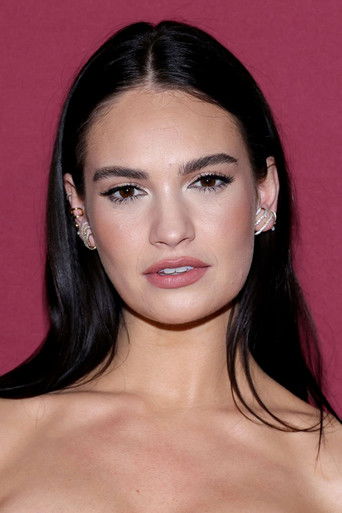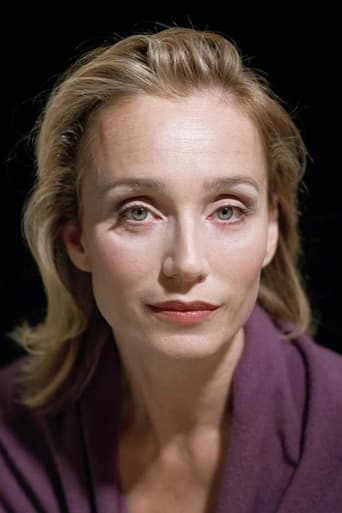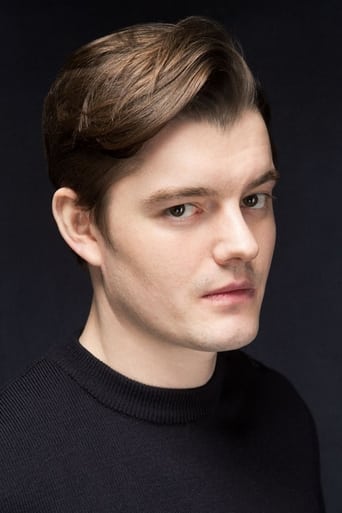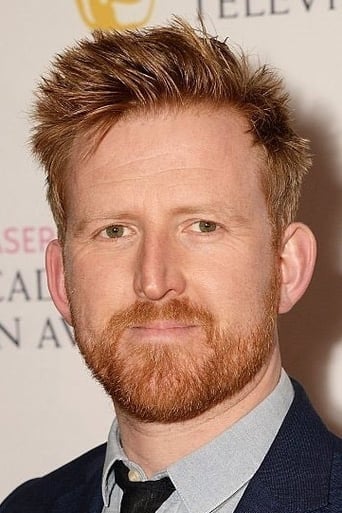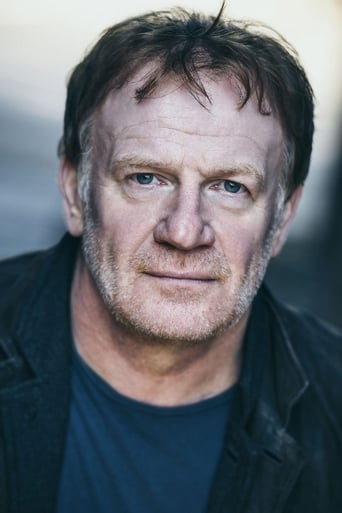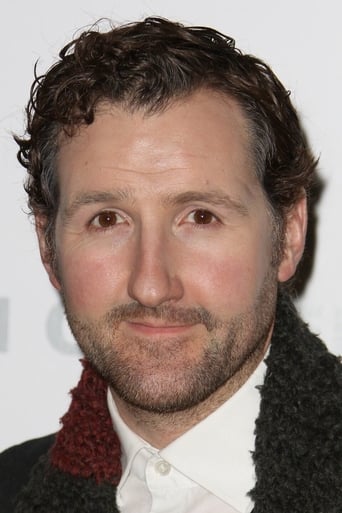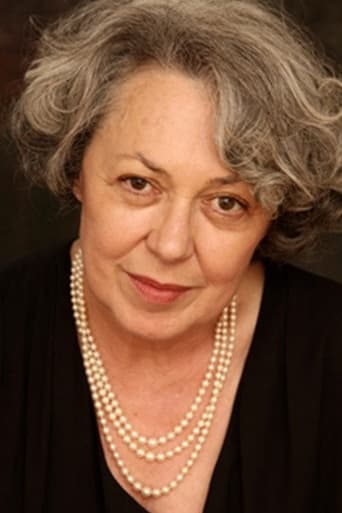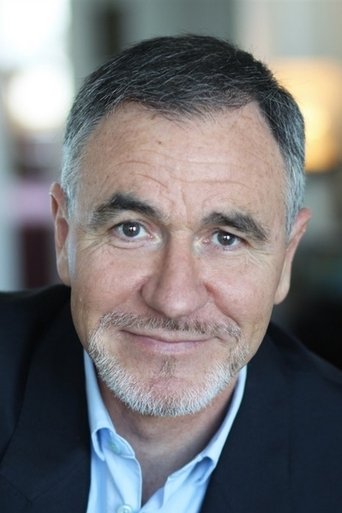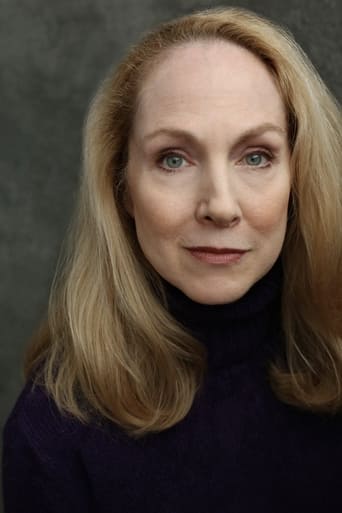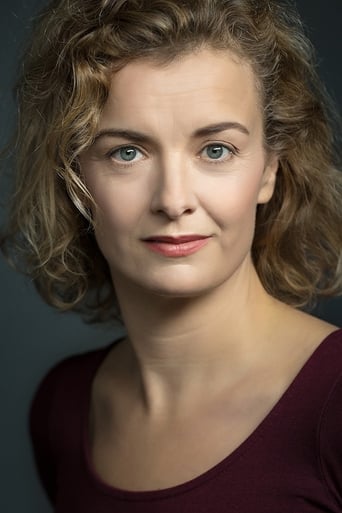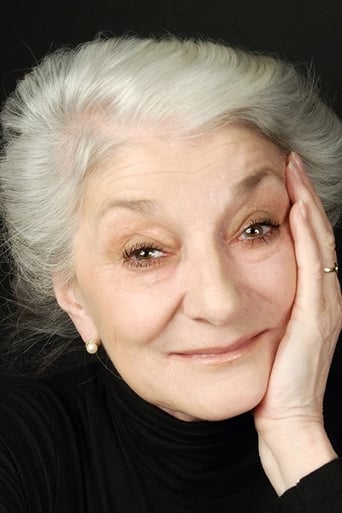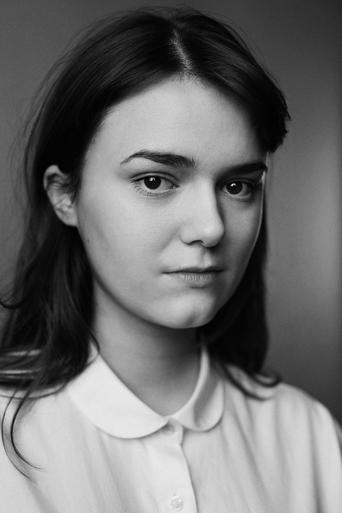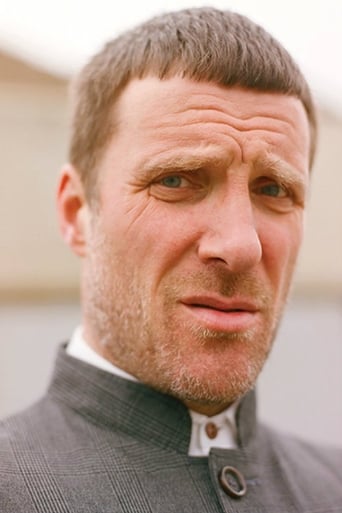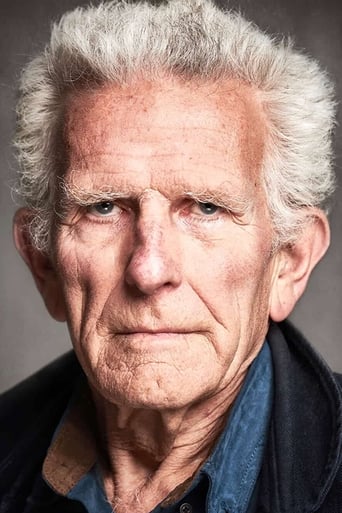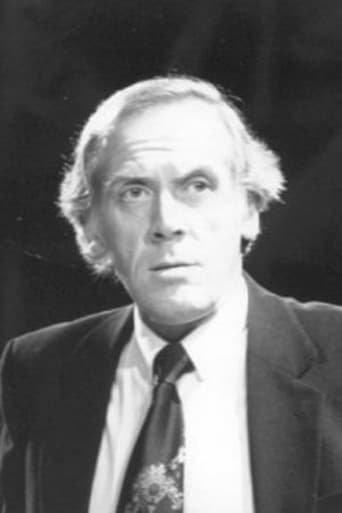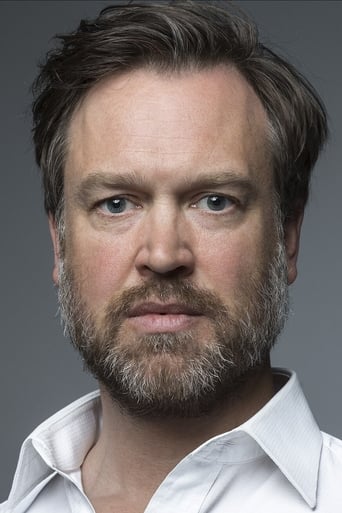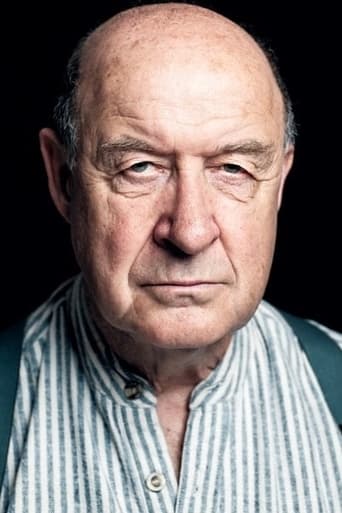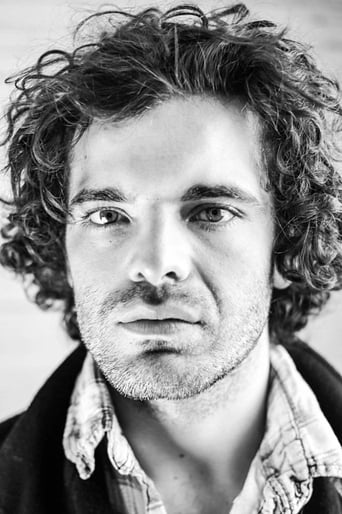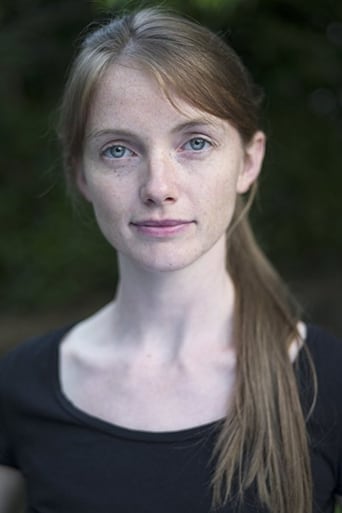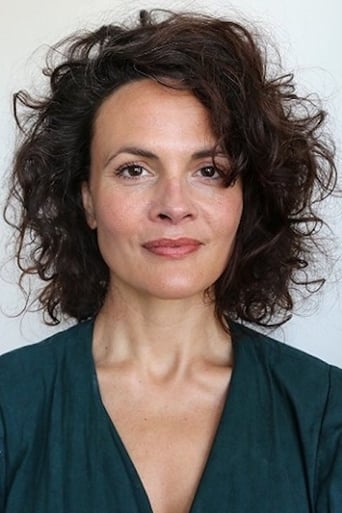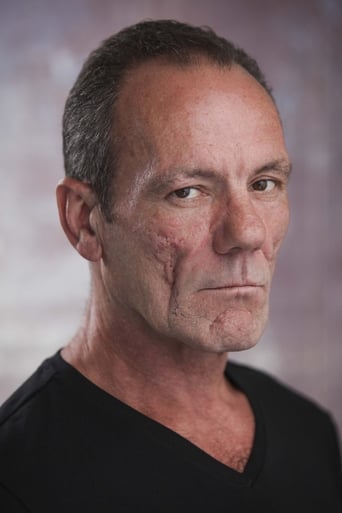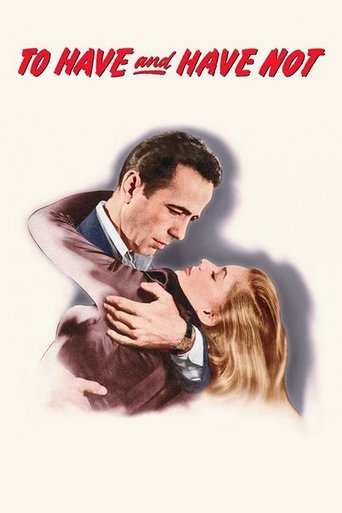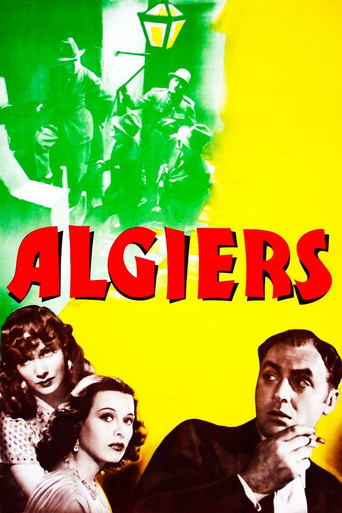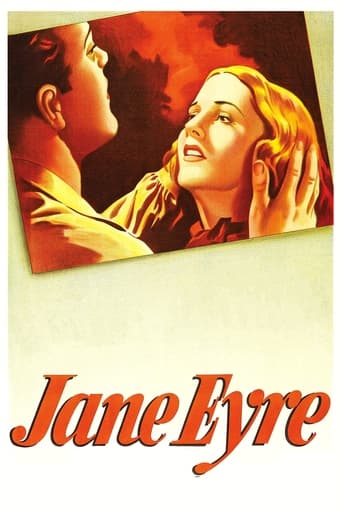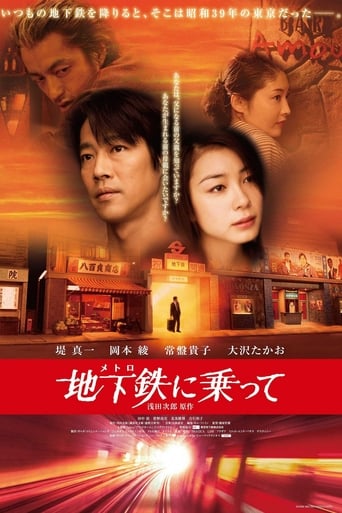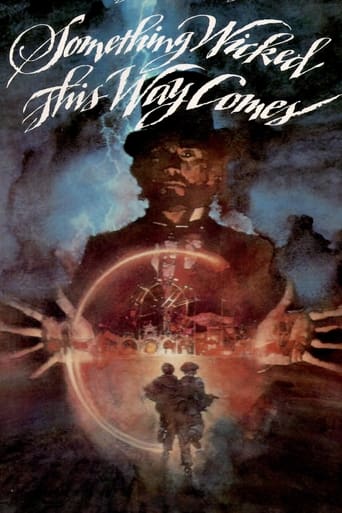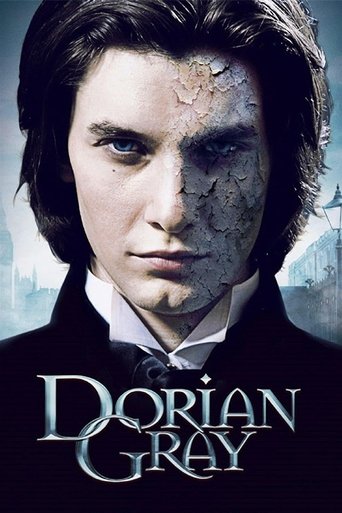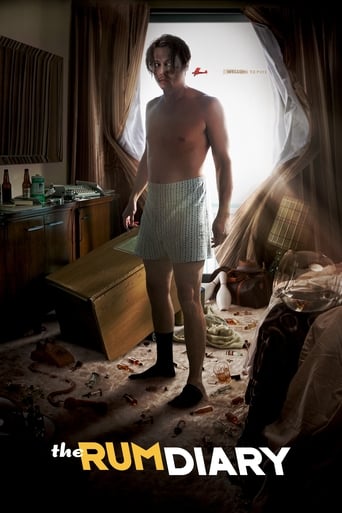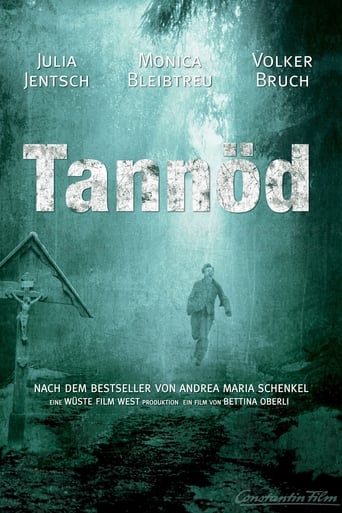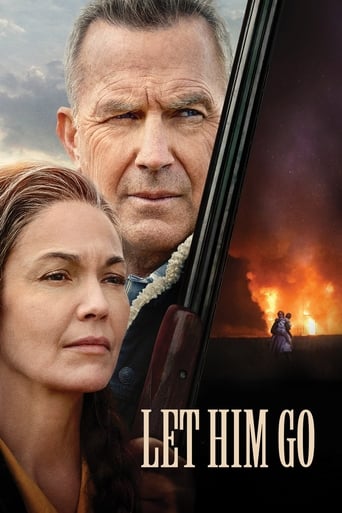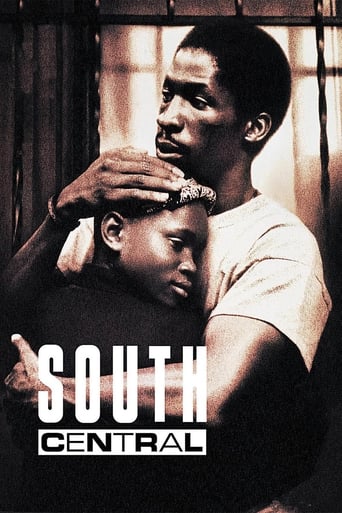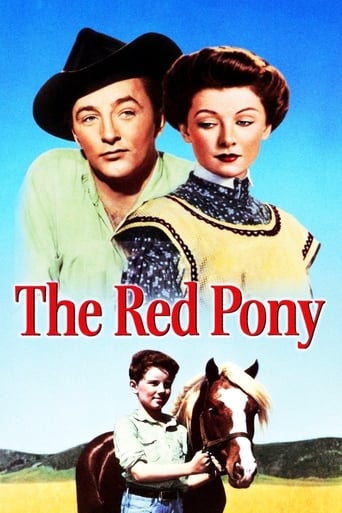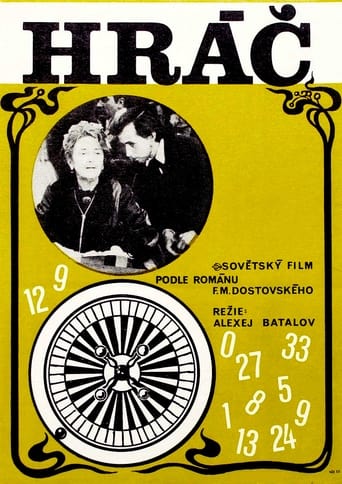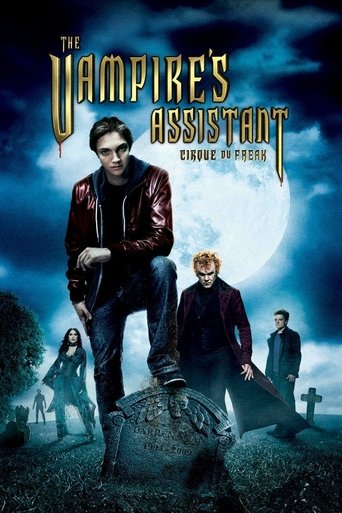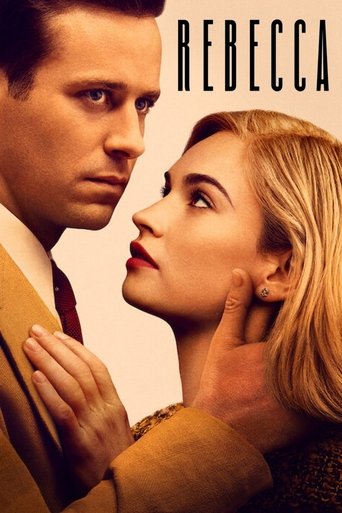
Rebecca (2020)
After a whirlwind romance with a wealthy widower, a naïve bride moves to his family estate but can't escape the haunting shadow of his late wife.
- Ben Wheatley
- Ben Howard
- Anita Christy
- Daphne du Maurier
- Jane Goldman
- Anna Waterhouse
- Joe Shrapnel
Rating: 6.3/10 by 1083 users
Alternative Title:
Country:
United Kingdom
Language:
English
Français
Runtime: 02 hour 03 minutes
Budget: $0
Revenue: $0
Plot Keyword: based on novel or book, cornwall, england, remake, french riviera, class differences, housekeeper, gothic, newlywed, dead parents, mysterious death, british nobility, gothic romance, suspect husband, bluebeard
If you enjoy reading my Spoiler-Free reviews, please follow my blog @ https://www.msbreviews.com Netflix’s Rebecca is based on the 1938’s novel of the same name written by Daphne du Maurier, but it’s not its first cinematic adaptation, which leads me to the following shameful statement: I’ve never seen the famous Alfred Hitchcock’s version of this story (nor have I read the novel, but I firmly defend that this doesn’t matter). It’s the only film of Hitchcock’s filmography to have received the Best Picture award, so I admit that I’m much at fault here. However, Ben Wheatley isn’t directing a remake of the original movie, but rather another adaptation of the also incredibly popular novel. I was intrigued by the premise, and the cast is definitely convincing, so how did it go? If I had to choose one word to ultimately describe Rebecca right now, it would probably be… weird. More on this in a bit. Starting with the positives, Armie Hammer and Lily James share such vivid chemistry that it elevates the surprisingly compelling bond that their characters form. I write “surprisingly” because I’m not easily engaged in most romantic relationships in films, whether these are straight-up romances or mixed up with other genres, like comedy or, as in this case, horror/thriller. Nevertheless, Lily and Armie are able to capture perfectly the growing love interest in one another through the first act, which is entirely dedicated to develop and nurture the key relationship of the movie. This is something I sincerely appreciate: when filmmakers know how to control pacing and how much time should a particular character or storyline receive of build-up. Wheatley does an impressive job during the first half of the film by moving the characters and plot forward at the precise moment they need to. This allows the viewer to understand what the characters are genuinely feeling and why some narrative decisions are made that change the course of the story. Lily James offers a remarkable performance, just like Armie Hammer. Kristin Scott Thomas is also excellent, even though her character is part of my problems with the movie. However, it’s the production design that stands out! The beautiful colors and striking landscapes of the French Riviera fill the screen with luxury and harmony during the naturally passionate beginning of the relationship. Once the narrative moves to Manderley, the tone changes to a gradually more depressing, dark environment, accompanied by a creepy score (Clint Mansell), and spooky nightmares. The adequate costumes also help to set the atmosphere, but the beginning of the second half is where things start to get extremely weird. From the very first moment the viewer sets place in Manderley, something is noticeably not right. Everyone addresses the late wife, Rebecca, as the most perfect human being to ever exist, reaching God-like compliments in a clear attempt of trying to create the cliche “previous wife was amazing, new one is awful, let’s make her life a living hell” storyline. An expected development with exaggeratedly positive comments from the staff. However, it’s the horror vibe that embraces the mansion that drives me nuts. Wheatley sets a dark, mysterious, even supernatural environment surrounding the house, a definitely intriguing aspect that leads to a hugely disappointing, hollow, unsatisfactory conclusion. From the first to the second act, the genre in display changes from a fun, lighthearted romance to a horror/thriller featuring a “haunted” mansion. The tone change is far from being smooth. However, the third act stores a drastic shift in pretty much everything: tone, genre, story, and even characters. I can’t get into details, but it’s the most incomprehensible decision in the entire film. The last act not only follows a path that comes from nowhere, but it’s also incredibly rushed, concluding the movie in the most disjointed, convoluted way possible. It raises questions related to events and characters in the previous act, it treats Mrs. Danvers very poorly, and ends with a deceiving last shot that makes the viewer think “did I miss something?” when the answer is a clear “no, it’s just a weird ending”. Clint Mansell’s score is captivating, but its timing is just completely off. It’s this feeling of false uncertainty that leaves me frustrated. Why try to make a film about something that it’s not? Why try to give Rebecca a horror vibe if it doesn’t lead to any impactful outcome? I finished the movie with doubts that have no reason to exist simply because the question should have never been asked by the story in the first place... All in all, Netflix’s version of Rebecca gets lost in trying to balance so many genres in just one film. Ben Wheatley does a great job controlling the pacing, offering enough time to develop the main characters and the core relationship. However, the tone changes are far from being well-executed, leading to an utterly absurd, rushed, convoluted last act out of nowhere that raises logical questions and leaves the viewer with a false sense of uncertainty. A well-structured, entertaining first half partially compensates for the weirdness that overflows the second part. Lily James and Armie Hammer deliver great performances, as does Kristin Scott Thomas, but the production design (supported by terrific costumes) steals the spotlight. Clint Mansell’s score doesn’t go unnoticed, but its placement is exceptionally inefficient. In the end, the attempt at creating a horror atmosphere with the “haunted” mansion storyline is so anti-climactic that I can’t wholeheartedly recommend this flick… Rating: C
Splendid Remake! At the start, Wheatley’s direction sails us around an elegant coastal hotel in this lavish period drama. With enviable period fashion and classic cars, a wicked, obtrusive employer is easily replaced by a quietly confident Maxim, handsomely and splendidly played by Mr. Hammer. How lucky is the beautiful (yet daunted) lady’s companion to have met him. Or is shi? Mr. Hammer’s Maxim is not cocky or patronizing as Mr. Olivier’s in 1940; Mr. Hammer is quite appealing at the start. Miss James offers as brilliant a performance as Joan Fontaine’s in 1940. I also prefer this pleasant and proper 2020 version (instead of the 1940 version). I expect as much from the British and from the ‘lady and gentleman’ dance of the director (Wheatley) and the screenwriters (Goldman, Shrapnel, Waterhouse). All the characters have depth; some have brooding; Hammer and James’ characters develop nicely throughout; and the cinematography and music were compelling. While watching this remake, I gladly no longer cared about the book or the original film. I think there should have been award nominations, too. How I envy the love some have to “walk through flames for ..”

